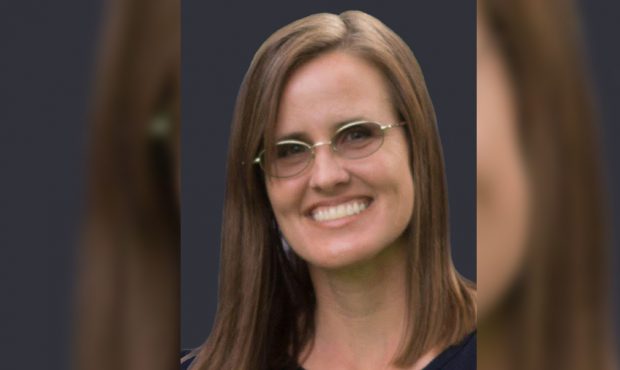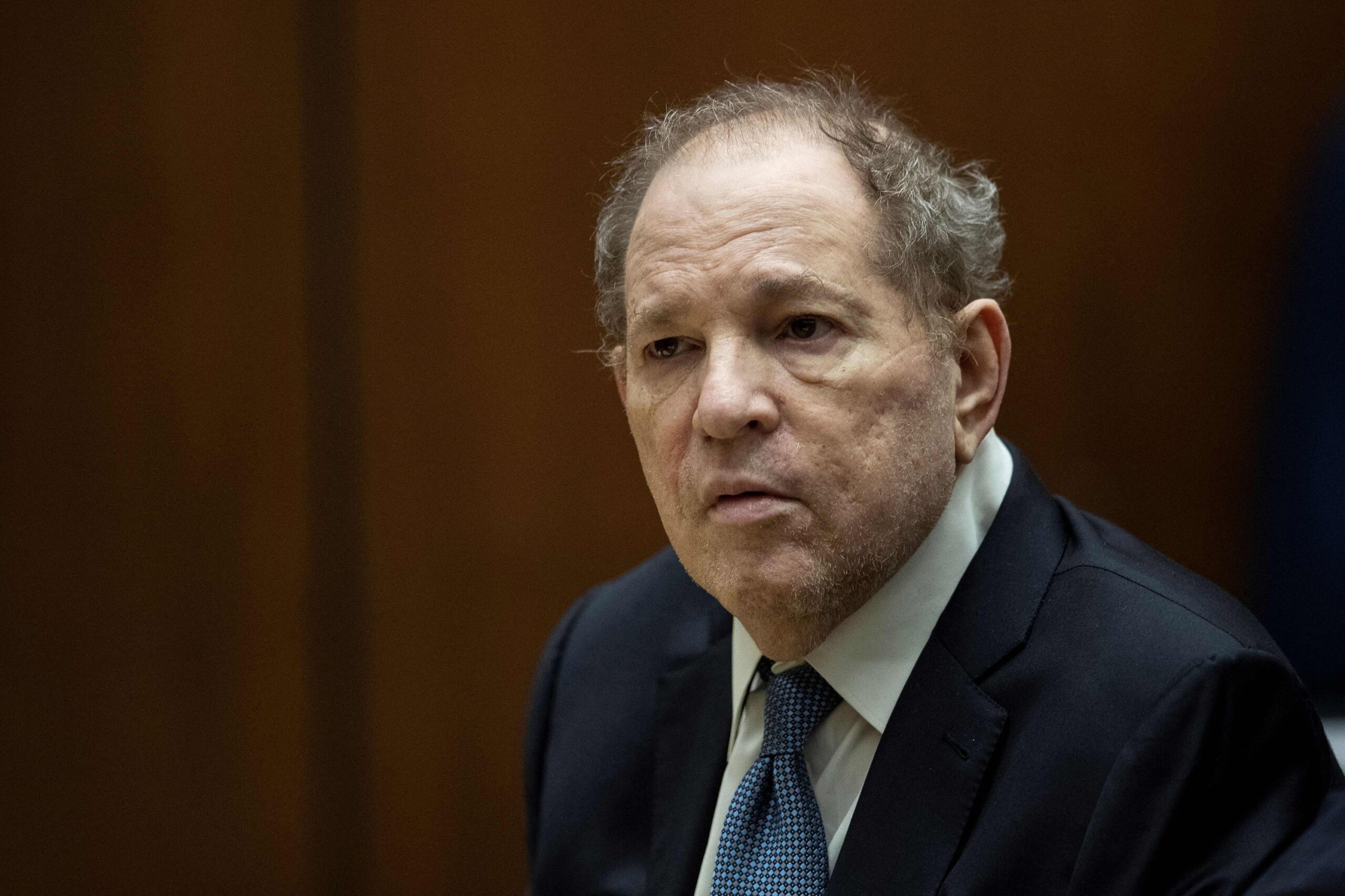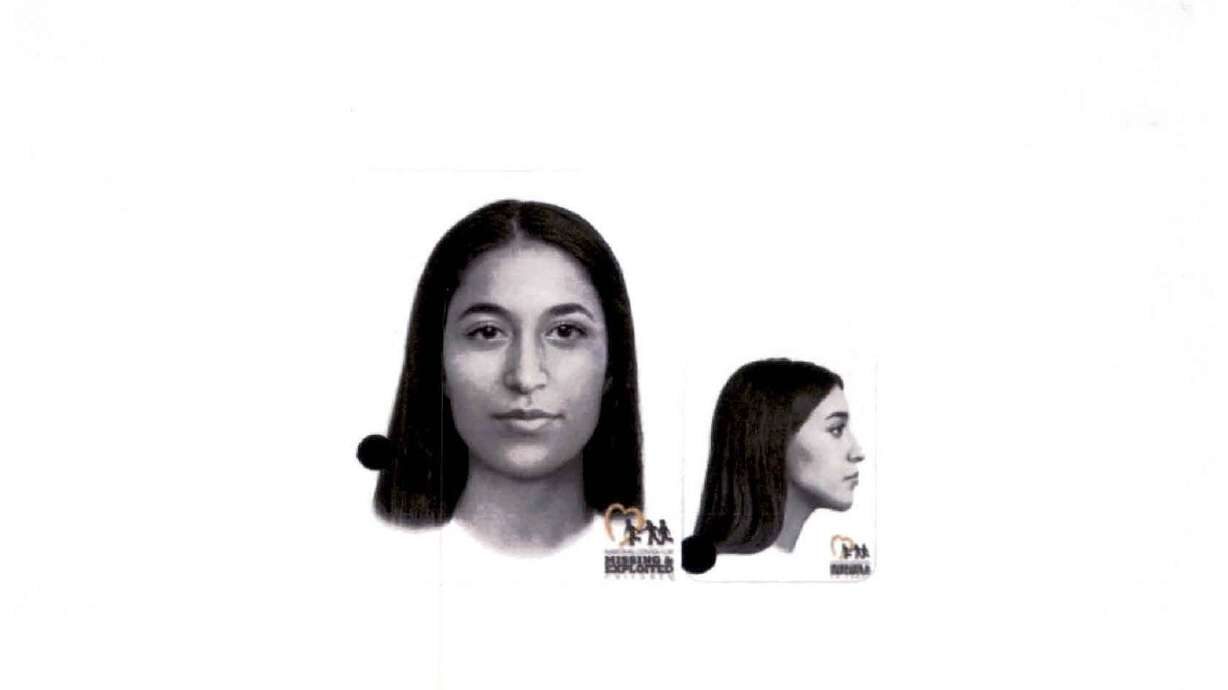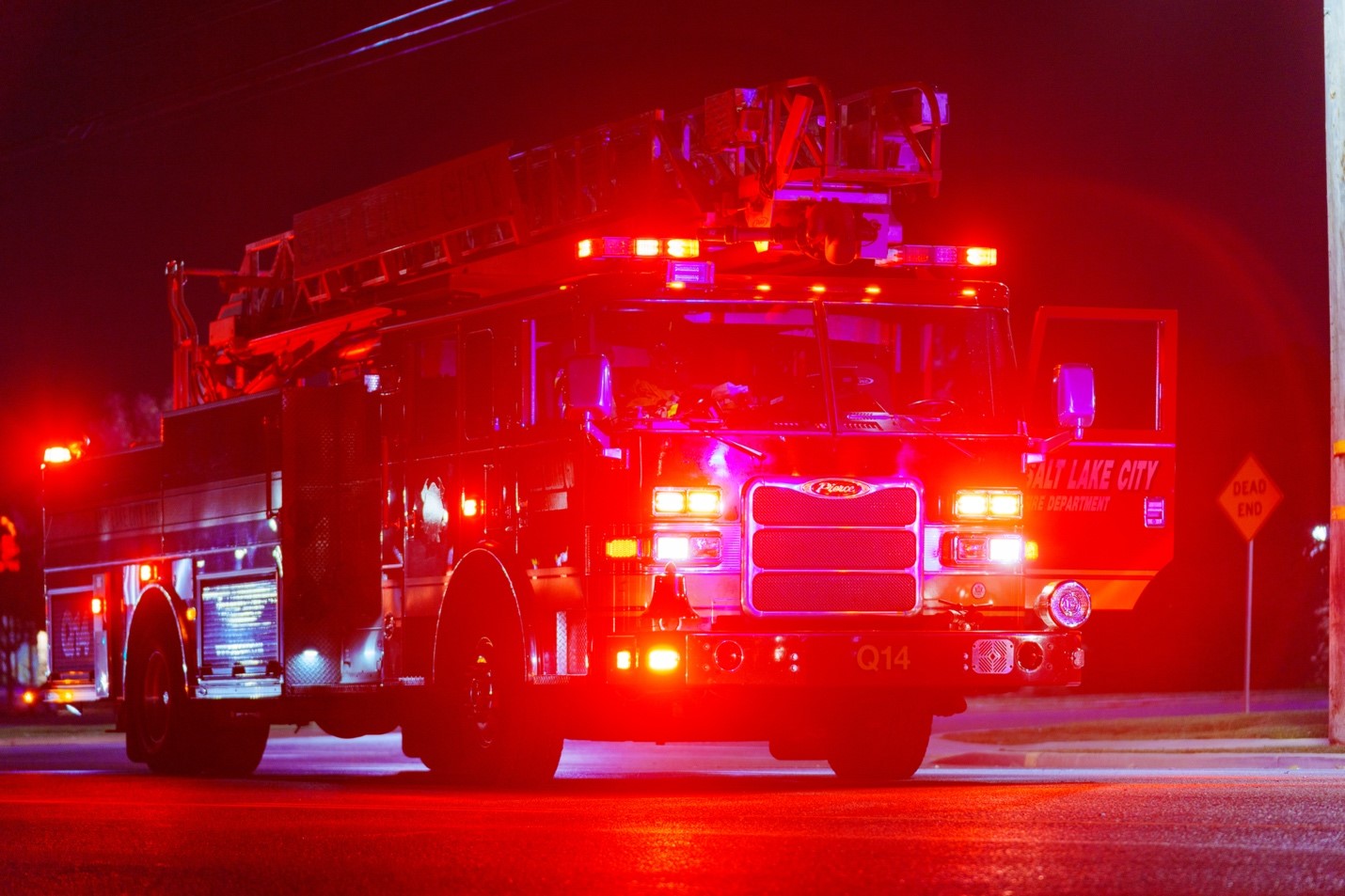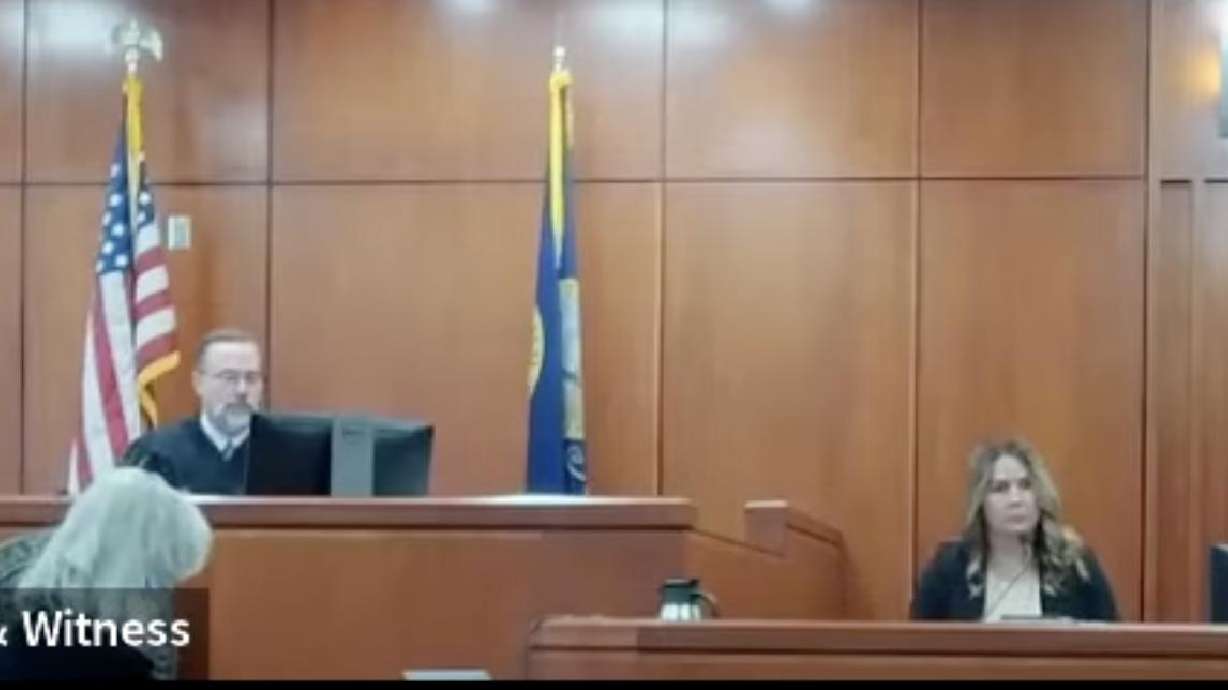Dave & Dujanovic: SLC needs more police officers but also more social workers
May 25, 2021, 8:23 PM | Updated: Dec 29, 2022, 12:14 pm

Salt Lake City Police
SALT LAKE CITY — There is a shortage of police officers in Salt Lake City, but what about social workers?
According to SLCPD Chief Mike Brown, at least 45 officers have either resigned or retired during the past year.
“It’s not just something that’s happening here in Salt Lake City. This is happening across our country,” Brown said, according to KSL NewsRadio.
Dave Noriega and Debbie Dujanovic spoke with the Jessica Waters, social work director at the SLCPD.
Social workers can help police
Social workers can reduce the demand on patrol officers by responding to 911 calls concerning homelessness, mental illness, psychotic episodes, welfare checks, potential overdoes, unwanted person, suspicious person, suicidal person, trespassing, missing with autism and ungovernable juvenile — and then connect these troubled individuals with services.
Waters said to manage high-frequency user of the 911 emergency system, a social worker is accompanied by a police officer on a call for mental health intervention.
“With this model of social workers with an officer, it keeps the citizens safe, it keeps the social worker safe and the officer safe,” Waters said. “As a team, we go out together and we work on these cases that are frequent utilizers. So that way some people don’t keep calling 911 over and over again with their mental health crisis. It takes a lot of follow-up work in order . . . to lower their amount of calls.”
Social workers and cops working together
“So can you break this down for us a little bit practically — how it works if you get the 911 call?” Dave asked.
If there’s a 911 call due to a violent psychiatric problem, “Our team will take that call. When I say our team that is a CIT (Crisis Intervention Team) detective and a social worker. They ride in a car together,” Waters said. “If that means we’re approaching together or if the social worker needs to stand behind a little bit, just to feel out safety concern, and then we’ll have a patrol officer back as well for more safety.”
She said the CIT team then brainstorms over how to handle the situation.
“Does this person need help getting their medications? Does this person need to go to the hospital on an involuntary commitment? Does this person need help with housing and will that help alleviate their mental health crisis?” Waters said.
‘They may have delusions’
“So would the idea be that the first point of contact or the communicator between the person in crisis would be the social worker, versus the police officer?” Dave asked.
“It’s a duo effect,” Waters said. “Some people don’t love social workers. Some people, they want to report that they think their neighbor is stalking them. They may have delusions that their neighbor is out to get them, and so, they want to have an officer so they feel heard, that they feel like there’s a criminal offense happening.
“If the person is not listening to the social worker, our CIT detectives are very familiar with services that they can take the lead on it, then we will do the background work on getting stuff lined up for them,” Waters said.
“Do you have enough social workers for the program, Jessica?” Debbie asked.
“Yes and no. Just like the police, our biggest concern is we need police officers because we can’t do our job without police. We always need more social workers, but the biggest part of this is that we need police to do our job and for everyone to stay safe. Without those officers, we are unable to meet as many people just because of the safety component,” Waters said.
“This sounds like a fascinating way to do policing. Is it happening right now or is this in the future?” Dave asked.
“Yes this is happening right now. It’s been happening since after Operation Rio Grande in 2017. Our team’s been doing this ever since then,” Waters said.
“How long is this going to go? Is this is this here to stay or is this a pilot program?” Dave asked.
“This is here to stay from my understanding. A lot of different police departments are creating this. We are one of the first ones in the nation, along with LAPD and Houston PD,” Waters said.
Dave & Dujanovic can be heard weekdays from 9 a.m. to noon. on KSL NewsRadio. Users can find the show on the KSL NewsRadio website and app, a.s well as Apple Podcasts and Google Play.


